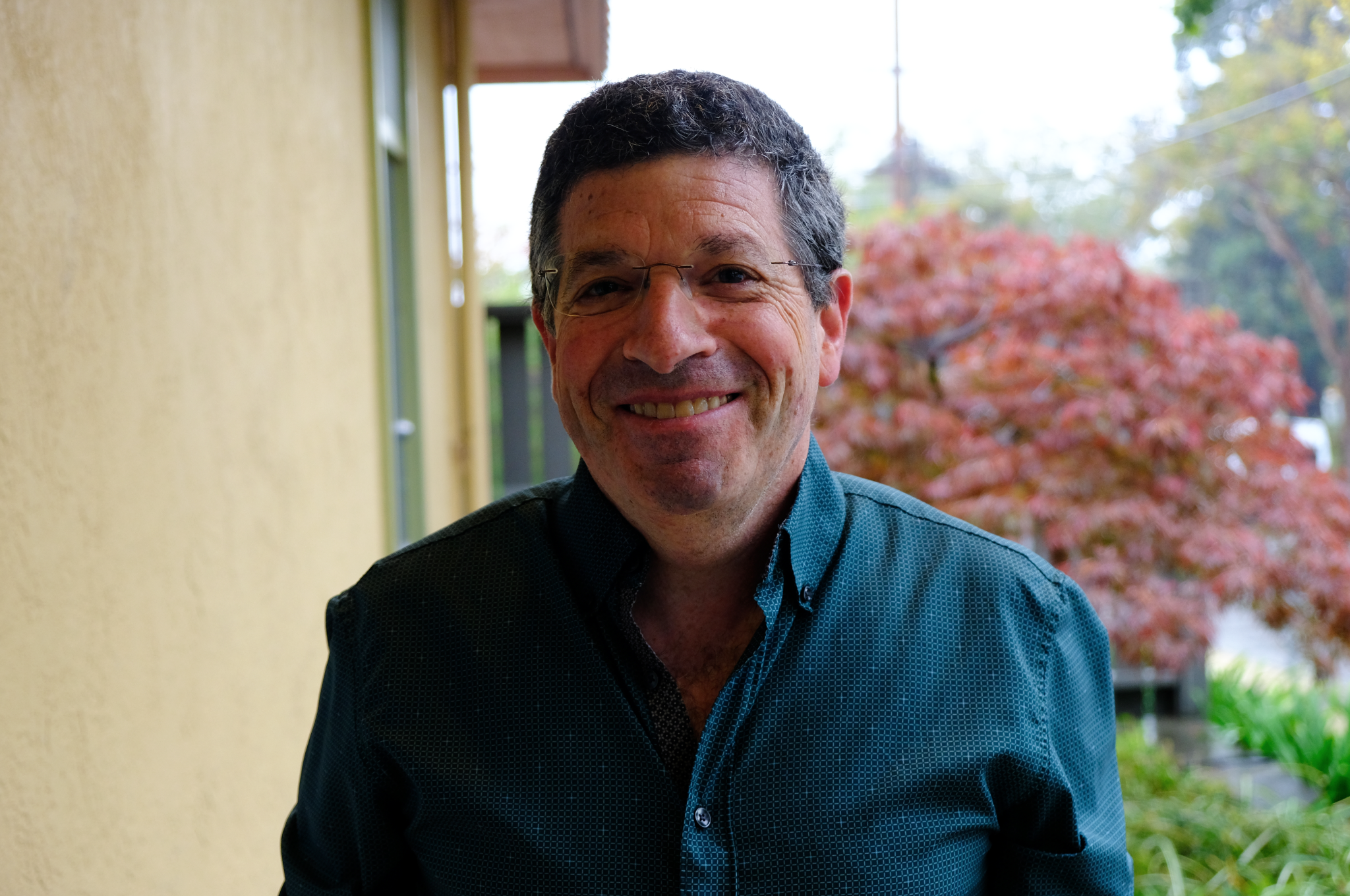On Feb. 22, 2024, the Berkeley People’s Alliance (BPA) represented by civil lawyer Jonathan Weissglass, officially filed a lawsuit against the Berkeley City Council over violating the California Brown Act of 1953. The Brown Act is a California state law which requires local government meetings to be open, accessible, and transparent to the public to ensure public officials accountability.
The lawsuit claimed the city council had violated the Brown Act by having meetings in separate back rooms in order to avoid public protests and that its members conducted city official meetings hidden from the public. During the weeks after the beginning of the Israel-Hamas war, protests occurred during Berkeley City Council meetings urging the city to pass a resolution calling for a ceasefire.
Protesters attending for public comment were allegedly screaming over each other, not respecting the order of the meetings, and causing “chaos.” City officials maintained that the relocation of the meetings were necessary to ensure that council business could still take place free from interruptions. According to the council, moving the meetings to a separate room did not violate the Brown Act since they were in fear of their safety.
Nathan Mizell, a board member for the BPA, described the alliance as, “a collection of organizations that fight for social justice within the city of Berkeley.” He emphasized how the group was founded on supporting local causes and working towards equity in the city of Berkeley.
The lawsuit stemmed from the Berkeley City Council’s decision to hold closed door meetings in November of 2022, a move Mizell believes directly violates the Brown Act. “The basic background of (the Brown Act) was to prevent Back Room meetings, the very type of thing that we saw the city council do,” he said, “It’s something certainly the city council and the former mayor knew very well, and they simply decided to ignore it for whatever their justification or reason.”
Members of the city council declined to be interviewed due to the case being an ongoing litigation.
The lawsuit was first heard in the Alameda County Superior Court in 2024. The court ruled in favor of the city council, finding that their actions did not violate the Brown Act. The case was dismissed, ending it at a trial level. Opposing the court’s initial decision, BPA and lawyer Weissglass appealed the ruling in early 2025.
Weissglass explained that the issue was not about the protests and disruptions that led to the meetings being held in backrooms, but rather about the council’s response to them. “(The lawsuit) is about what generally happens from a legal perspective, and what makes those private discussions problematic under the law,” Weisglass said. According to Weissglass, the city council violated a provision. “If there’s a disruption in the meeting, the city council has to order the meeting and clear (the room). In this case, they didn’t do that, the city council instead left the meeting,” he said.
On Tuesday, Sept. 30, 2025, the California Court of Appeal reversed the trial’s earlier decision, ruling in favor of the BPA. The court found the Berkeley City Council’s actions violated the Brown Act by excluding the public from a relocation of meetings. Weissglass said the ruling helped reinforce the importance of transparency and accountability within local governments. “The important thing is that this applies to every government in the state,” Weissglass said, “We want to make sure that everyone follows the law as the legislature wrote it, rather than coming up with their own interpretations of the law.”
The case prompted discussions about the importance of government transparency among the Berkeley Youth Commission group, a collection of middle and high school Berkeley residents appointed to represent the city council and school board members. Hannah Sinead Slattery-Weisberg, BHS junior and chair of the Youth Commission, believes the lawsuit has brought renewed attention to how local governments operate and why open meetings are so important.
“The Brown Act is meant to make sure government decisions happen in public and are transparent. Not only does transparency protect against corruption, but it helps citizens feel that their interests are prioritized,” Slattery-Weisberg said.
Mizell hopes the court’s decisions will show the strength of a community holding people in power accountable. “It sends a clear message that, as much as we are just folks who are often in the audience and given our minute or two at public meetings, we’re also able to advocate for ourselves and our community,” Mizell said.
Mizell hopes that people will walk away with the message of power through voices and activism, and how much we as people can impact bodies of power. “We have the ability to push back when things are wrong and when you violate the plain text of law, the citizens of the city can and will respond,” Mizell said.





